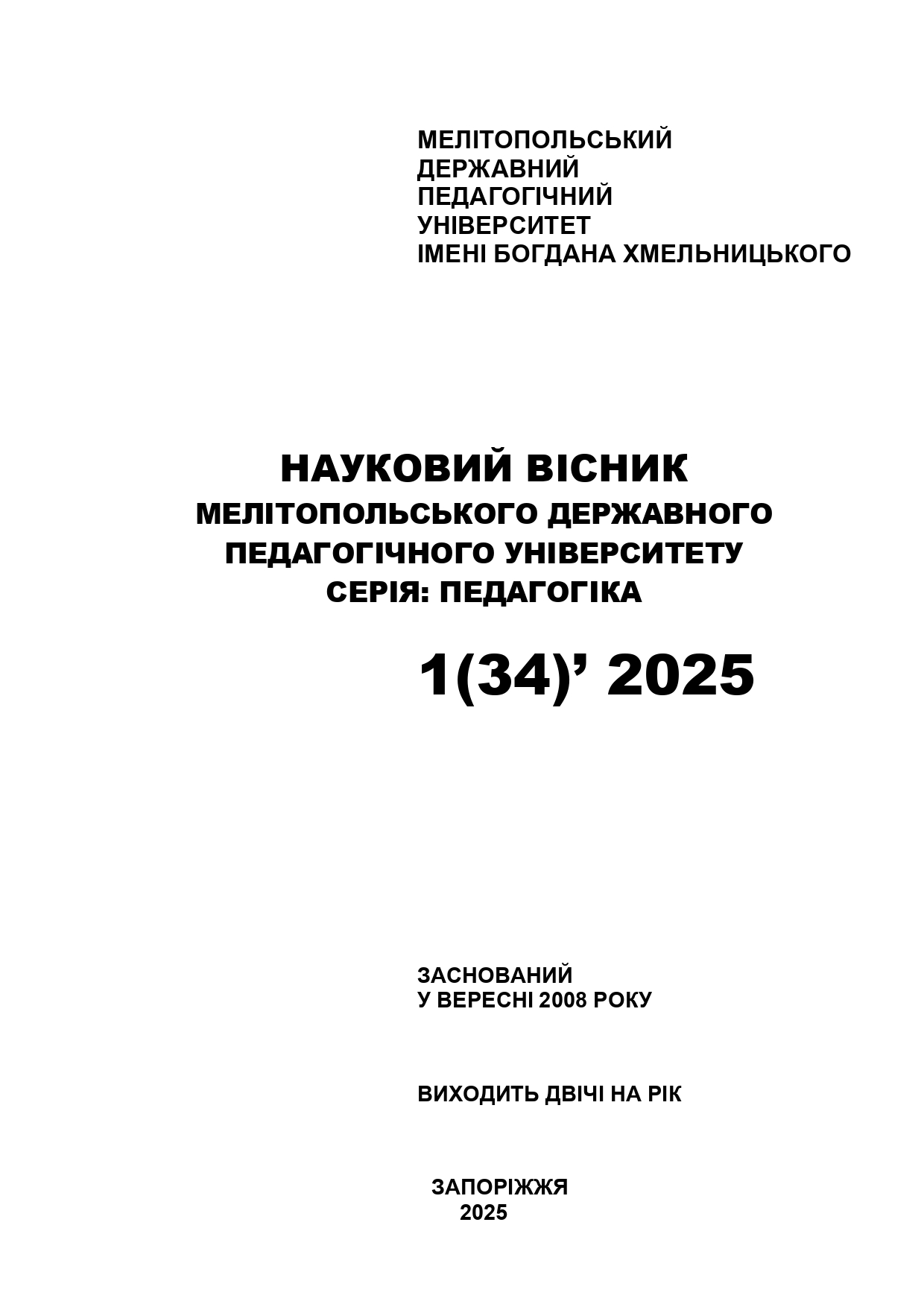Formation of Moral and Ethical Concepts and Ideas in Younger Schoolchildren: Features and Significance
Abstract
The article examines the process of forming moral and ethical
concepts and ideas in younger schoolchildren. Moral development
at the initial stage of education plays a key role in the formation of a
child's worldview, his behavior and relationships with the social
environment. It is emphasized that the younger school age is a
sensitive period for the development of moral consciousness, since
it is at this age that children actively learn social norms and values
through observation, imitation and communication. The article
analyzes the psychological and pedagogical features of younger
schoolchildren, which determine the specifics of their moral
formation, in particular emotional sensitivity, suggestibility and the
need for approval. The stages of assimilation of moral and ethical
concepts are considered: from emotional and sensory perception to
understanding and internalization of moral norms, as well as their
practical application in behavior. Special attention is paid to the role
of the teacher in this process: his or her personal moral example,
the use of educational situations, the organization of value-oriented
communication and cooperation with the families of students. The
need to create a morally enriched educational environment and
integrate moral education into all areas of school life is emphasized.
It is concluded that purposeful and consistent pedagogical work is a
prerequisite for the formation of moral consciousness and a socially
responsible personality.




